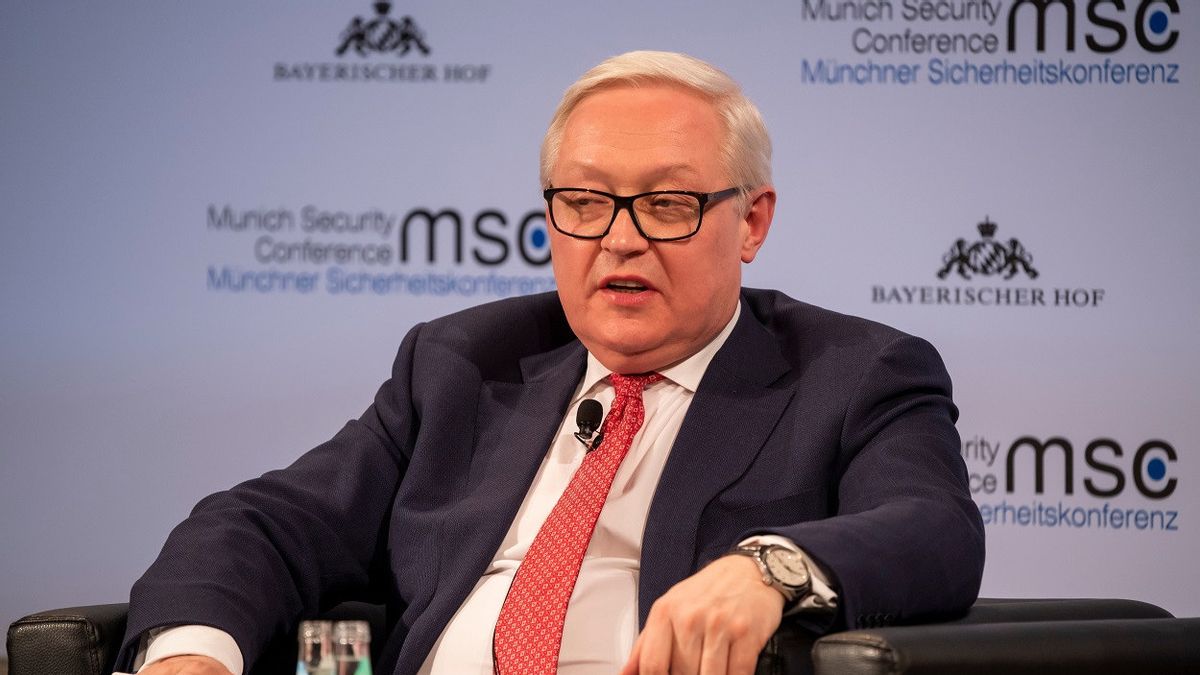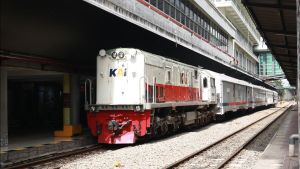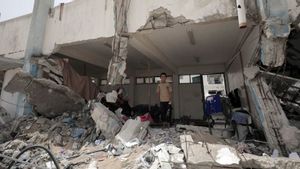JAKARTA - Russian Deputy Foreign Minister Sergei Ryabkov said on Thursday Moscow was forced to suspend its participation in the New START nuclear arms control agreement, as Washington used it to help Ukraine attack Russian strategic sites.
Speaking at the UN Arms Distribution Conference in Geneva, Ryabkov said the United States and its Western allies wanted to see Russia strategically defeated in Ukraine, accusing them of fanning the conflict there.
"The situation is getting worse after US efforts to 'investigate' the security of Russia's strategic facilities declared under the New START Agreement, by assisting the Kyiv regime in carrying out armed attacks against them," Ryabkov said.
"In a situation like this, we were forced to announce the suspension of the agreement," he said.
Protesting Ryabkov's presence at the event, permanent representatives of the United States, France and other Western countries for the United Nations in Geneva stood outside the conference room, posing with blue and yellow Ukrainian flags and signs of #standwithukraine.
"We would like to emphasize that the ambassadors, we will not sit at the Weapons Distribution Conference or the Human Rights Council to hear lies and distortions from the Deputy Minister of Foreign Affairs of Russia," said Simon Manley, Britain's ambassador to the United Nations in Geneva.
"We want to show that we are here with Ukraine, day by day, and support their struggle for freedom."
It is known that President Vladimir Putin last week announced the suspension of his country's participation in the New Start Agreement, signing a law for that on Tuesday.
Signed by the then US President, Barack Obama, and his Russian partner Dmitry Medvedev in 2010, the New Start Agreement limited the number of strategic nuclear warheads that could be deployed by each party.
Ryabkov, who previously said that the two countries were continuing to discuss issues surrounding the agreement via a "closed route", said on Thursday Russia would continue to comply with the strategic offensive weapons limits set by the pact.
In addition, the agreement, which expires in 2026, allows each country to physically inspect their respective nuclear arsenals, although tensions in Ukraine have stopped inspections.
The English, Chinese, Japanese, Arabic, and French versions are automatically generated by the AI. So there may still be inaccuracies in translating, please always see Indonesian as our main language. (system supported by DigitalSiber.id)








